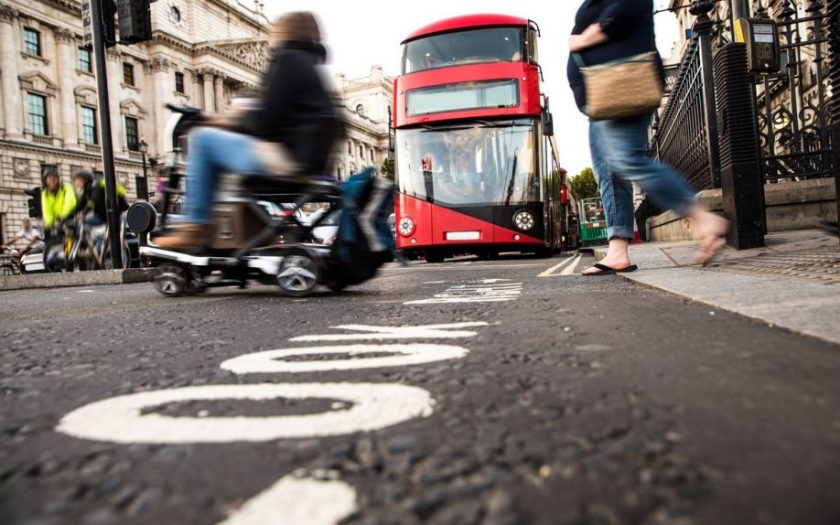Self-driving cars pose threat for Disabled people
Our acknowledgements to Disability Rights UK
A new generation of self-driving cars which is supposed to eliminate human error can actually increase mistakes as it fails to recognise the behaviours of Disabled people.
The Law Commission is drawing up a legal framework for self-driving vehicles, and has said that: “Systems may not have been trained to deal with the full variety of wheelchairs and mobility scooters.”

It claims the motor industry has allowed “bias” to creep into the design of vehicles and automated systems. For example, “air bags save many lives, but the first generation … posed risks to smaller passengers, such as women of small stature, the elderly, and children, because they were developed with adult males in mind.” Airbags caused 291 deaths between 1990 and 2008 because of the extreme force required to protect male passengers who were not wearing seatbelts. Crash test dummies are also based on male bodies.

DR UK’s Fazilet Hadi said: “Transport innovations must stop being implemented at the expense of equality for users of shared public spaces. The introduction of almost silent electric cars causes increased risks for people with cognitive and visual impairments. The use of equally silent, fast electric scooters, and borrow a scooter or bike schemes also causes risks as people dump them in the middle of pavements. Science fiction often portrays technical innovation as something which increases inclusion and accessibility. Government need to ensure that science fact makes these things a reality.” Read more here.

